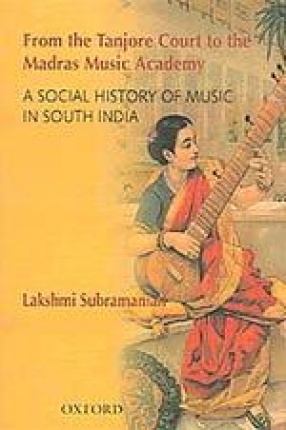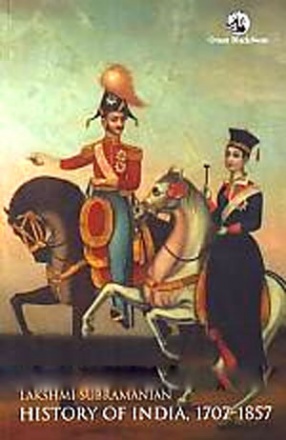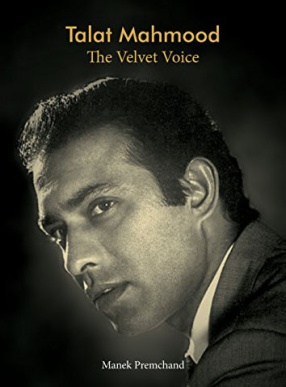In moving from the quiet courtyards of Tanjore to the concert halls of madras, the social context of music and performance underwent a striking transformation. Traditional music was also used in the freedom movement as an emblem of India’s uniqueness and independent identity. Departing from conventional scholarship on the subject, Lakshmi Subramaniam presents a distinctive classical tradition. Subramaniam traces the changes in traditional music in south India as it adapted to the necessities of colonial and postcolonial social realities. Her engaging narrative of the production of knowledge about music and the related institutions-building process raises larger questions of identity and imagination. She also discusses the influence of nationalism in the creation of an auditory habit. The author shows how performance and patronage influenced the self-development of the consuming elite. Anticipating the dilemmas of the emerging modern Indian middle class, she also explored the ambivalence and ambiguities that informed musical practices in the nineteenth and twentieth centuries. The book will be important for students and scholars of history, music, sociology, ethnomusicology, cultural studies, and south India. It will also interest tourists and informed general readers.
The Sovereign and the Pirate: Ordering Maritime Subjects in India’s Western Littoral
Around the turn of the ...
$52.20
$58.00








There are no reviews yet.